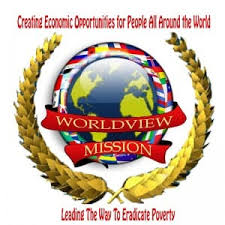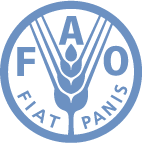.
.
http://worldviewmission.nl/?page_id=11976
http://worldviewmission.nl/?page_id=6934
http://worldviewmission.nl/?page_id=6953
http://worldviewmission.nl/?page_id=142
http://worldviewmission.nl/?page_id=5660
——————
Food and Agriculture Organization of the UN
Dear ALL in CSA from SUb saharan Africa
There is an opportunity by Bill and Melinda gates foundation. see the link below.
.
,
.
.
.
http://epp.eurostat.ec.europa.eu/portal/page/portal/eurostat/home

